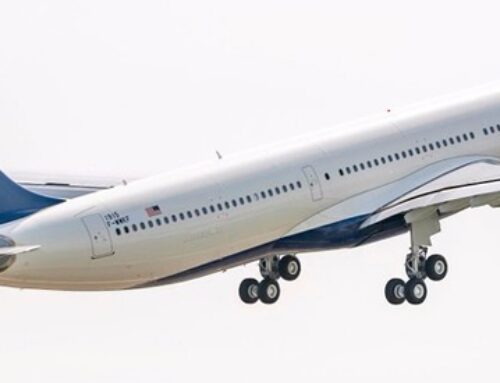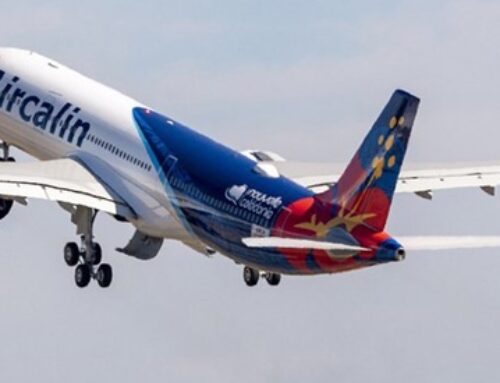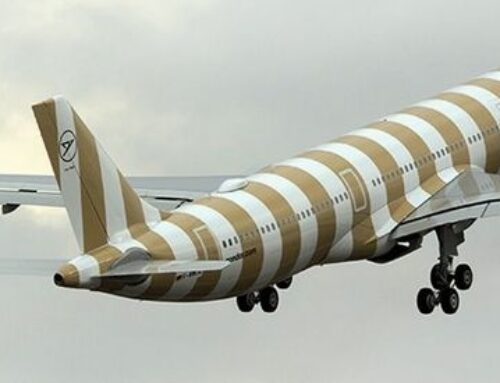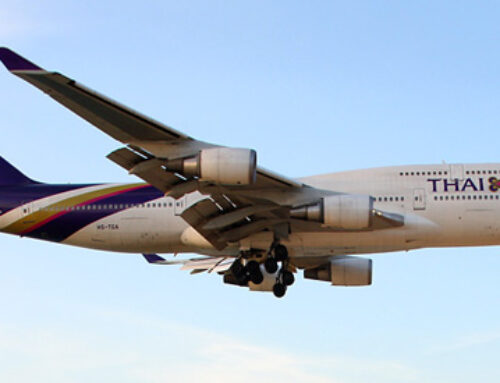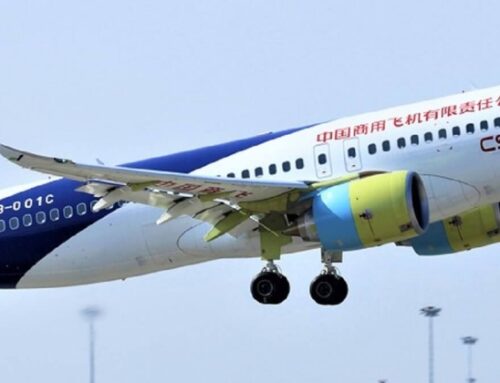
Japan Airlines (JAL) President Mitsuko Tottori announced on Wednesday the airline’s intention to maintain its fleet composed of both Airbus and Boeing aircraft models. This strategic decision underscores JAL’s commitment to leveraging a diverse range of aircraft to meet its operational needs and enhance its service offerings.
Tottori’s statement comes amidst ongoing discussions within the aviation industry regarding fleet composition and the role of different aircraft manufacturers. By reaffirming JAL’s commitment to utilizing both Airbus and Boeing aircraft, Tottori aims to ensure flexibility and efficiency in the airline’s operations while capitalizing on the unique strengths of each manufacturer’s product lineup.
The decision to maintain a mixed fleet aligns with JAL’s broader strategy of optimizing its aircraft portfolio to meet evolving market demands and passenger preferences. By leveraging both Airbus and Boeing aircraft, JAL seeks to enhance its route network, improve operational efficiency, and deliver a superior travel experience to its customers.
JAL’s approach reflects a balanced and pragmatic approach to fleet management, leveraging the strengths of multiple manufacturers to maximize operational flexibility and minimize risk. By maintaining a diverse fleet, JAL can adapt to changing market conditions and capitalize on emerging opportunities in the global aviation market.
The announcement underscores JAL’s confidence in both Airbus and Boeing as trusted partners in its ongoing efforts to modernize and expand its fleet. With a focus on safety, reliability, and passenger comfort, JAL remains committed to delivering exceptional service and value to its customers across the globe.
JAL’s Airbus Fleet as of March 2024
Japan Airlines (JAL) has made significant updates to its Airbus fleet. The airline has ordered 21 Airbus A350-900s and 11 A321neo aircraft. These additions are part of JAL’s strategy to expand and modernize its fleet, enhancing both its international and domestic operations.
The A350-900s are primarily designated for international routes, continuing to solidify the A350’s presence in JAL’s long-haul operations. On the other hand, the A321neos represent JAL’s first venture into Airbus’ single-aisle aircraft, intended to enhance its domestic service offerings.
JAL’s Boeing Fleet as of March 2024
Japan Airlines (JAL) has been actively updating its Boeing fleet. The carrier has finalized an order for 21 Boeing 737-8 jets, which are expected to start joining the fleet from 2026. These aircraft will primarily replace the older Boeing 737-800s in the fleet and are chosen for their improved fuel efficiency and reduced carbon emissions.
Additionally, JAL continues to operate a significant number of Boeing 787 Dreamliners, which play a crucial role in its wide-body fleet for international routes. Despite a shift towards Airbus for some of its widebody needs, JAL maintains a strong partnership with Boeing, particularly through the 787 Dreamliner, which is not slated for retirement anytime soon.
Looking ahead, JAL will continue to evaluate its fleet requirements and collaborate closely with Airbus and Boeing to ensure alignment with its long-term strategic objectives. By leveraging a diverse range of aircraft, JAL aims to strengthen its competitive position in the global aviation market and drive sustainable growth in the years to come.
In conclusion, JAL’s decision to utilize both Airbus and Boeing aircraft reflects its commitment to flexibility, efficiency, and passenger satisfaction. By leveraging a diverse fleet, JAL can adapt to changing market dynamics and deliver a superior travel experience to its customers while positioning itself for long-term success in the global aviation industry.
Sources: AirGuide Business airguide.info, bing.com, reuters.com, airbus.com, boeing.com

